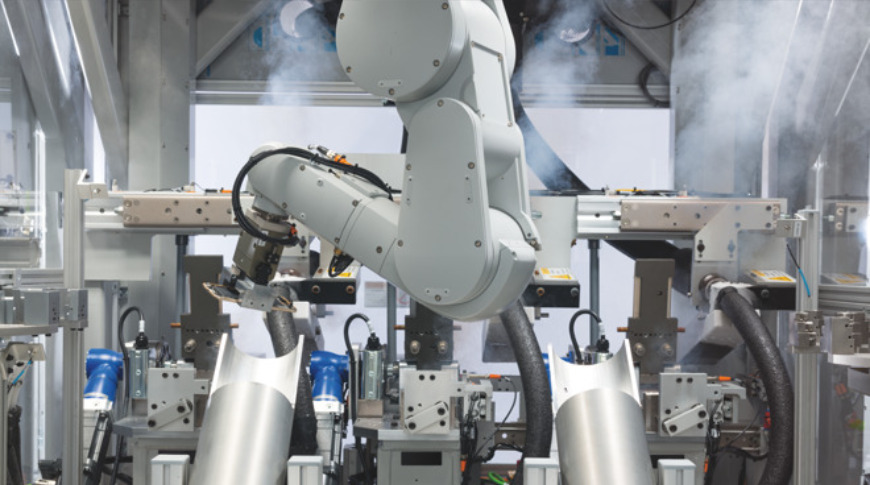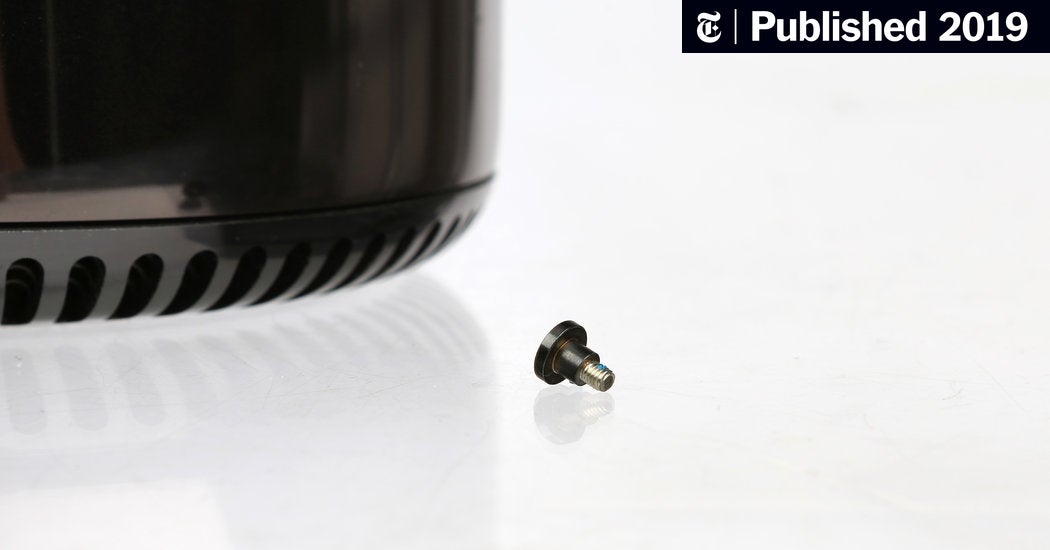More important to bring back MB mfg.
Why? Motherboards are more and more a commodity item - with DDR5 the voltage regulators move onto the DIMM, taking more away from the board. Not sure if Intel totally backed away from FIVR or not, but if they have/will bring it back, there's basically nothing to distinguish a "high end" motherboard from a bargain basement motherboard other than amount of I/O slots/ports. There won't be much a motherboard vendor can do to better support overclocking if all the voltage regulation is happening in the CPU package and DIMM.
The real issue with "bringing back manufacturing" to the US is that rather than pay US level wages it will be cheaper to automate everything with more robotics. Do you really think that if Apple was somehow forced to bring iPhone manufacturing to the US that it would be done by huge armies of people like it is in China? They designed a special robot to disassemble each generation of iPhone for recycling. I'm sure the same could be done for assembly, and require a tiny fraction of the number required in China.
There are certain classes of manufacturing where either due to low volumes or heavy customization that they're going to be labor intensive for the foreseeable future. If you want to "bring manufacturing jobs back to the US" that's where you want to concentrate. Shipbuilding, for example.
Anyway, this isn't about bringing jobs back, it is about keeping strategic manufacturing capabilities in the US. Making motherboards is not of strategic importance, and it wouldn't be hard to bring up a motherboard factor in the US pretty quickly if it became necessary. Not so for a fab, and what's worse is that if that knowledge and experience leaves the US, re-developing it would be extremely difficult. There's no special knowledge required to make a motherboard, a small team with a few years of experience can slap one together. It requires a fleet of PhDs with tens of thousands of years of cumulative experience to design and build a new fab, and design and deploy a new leading edge process.





